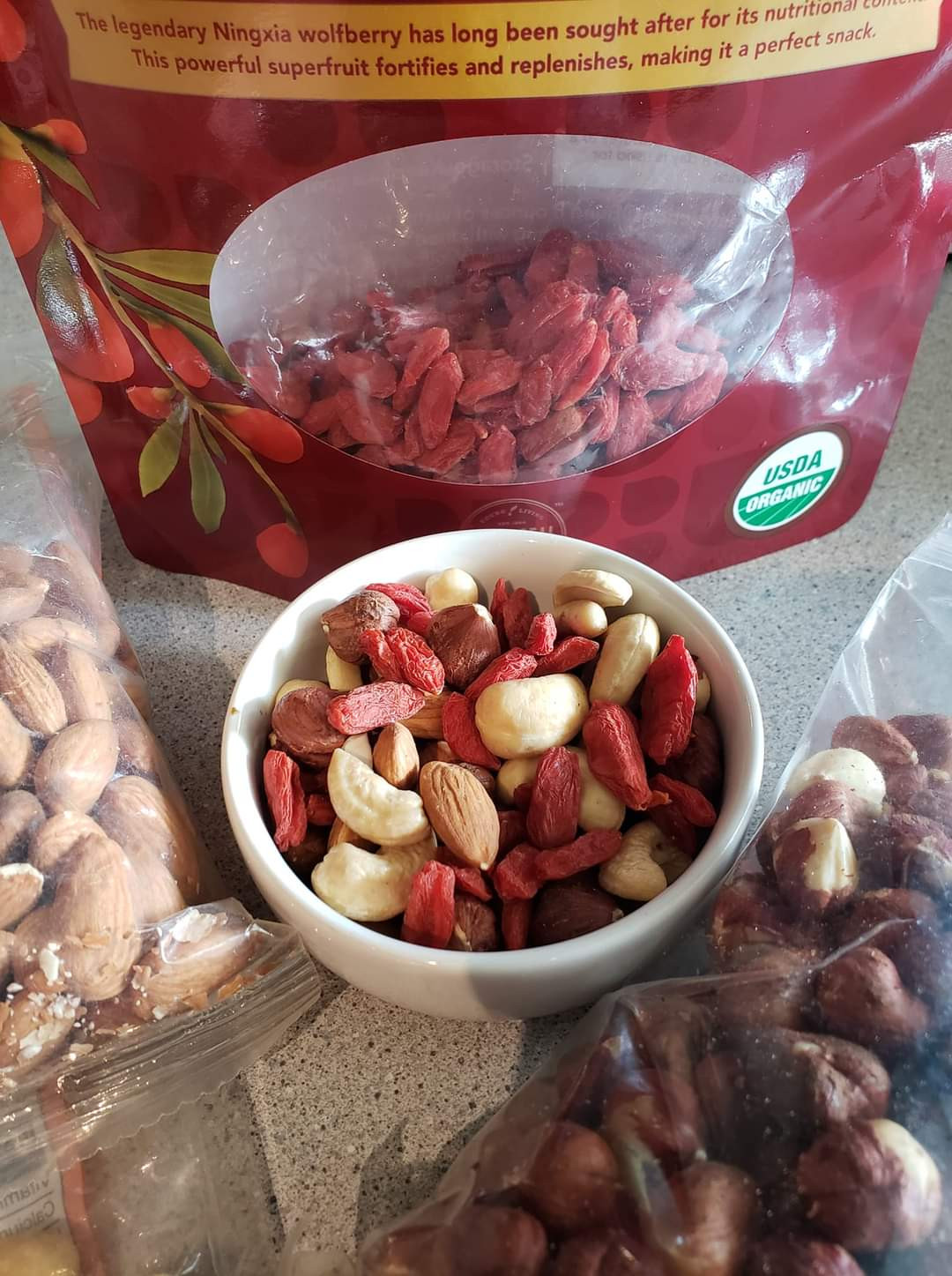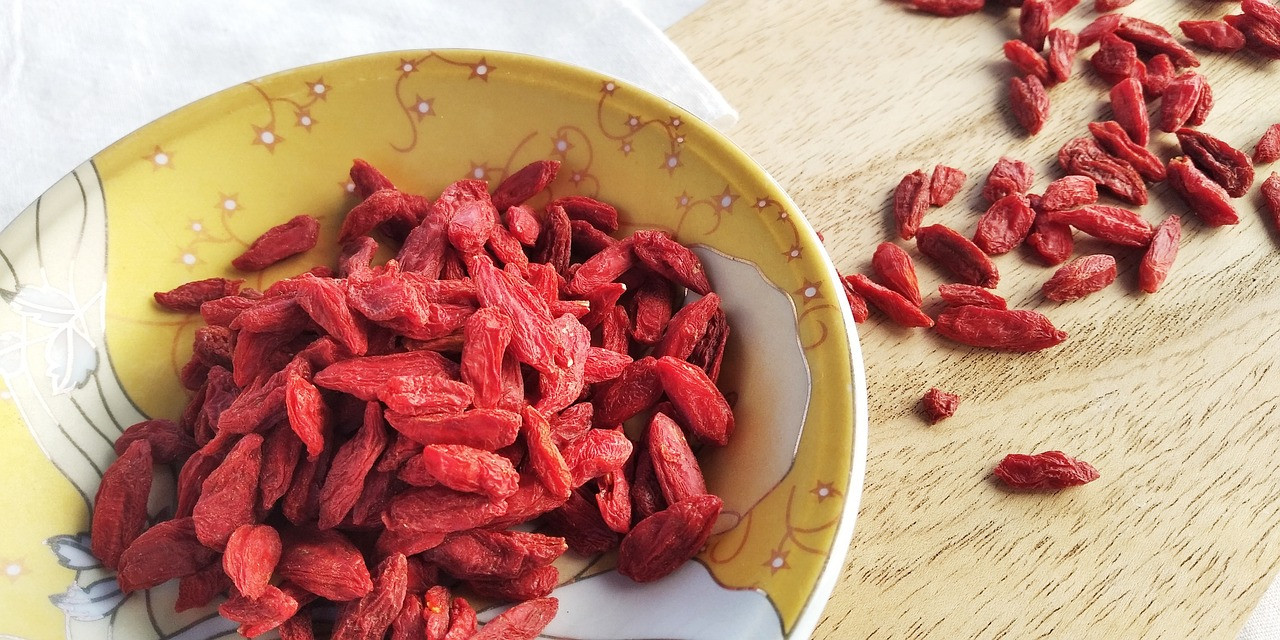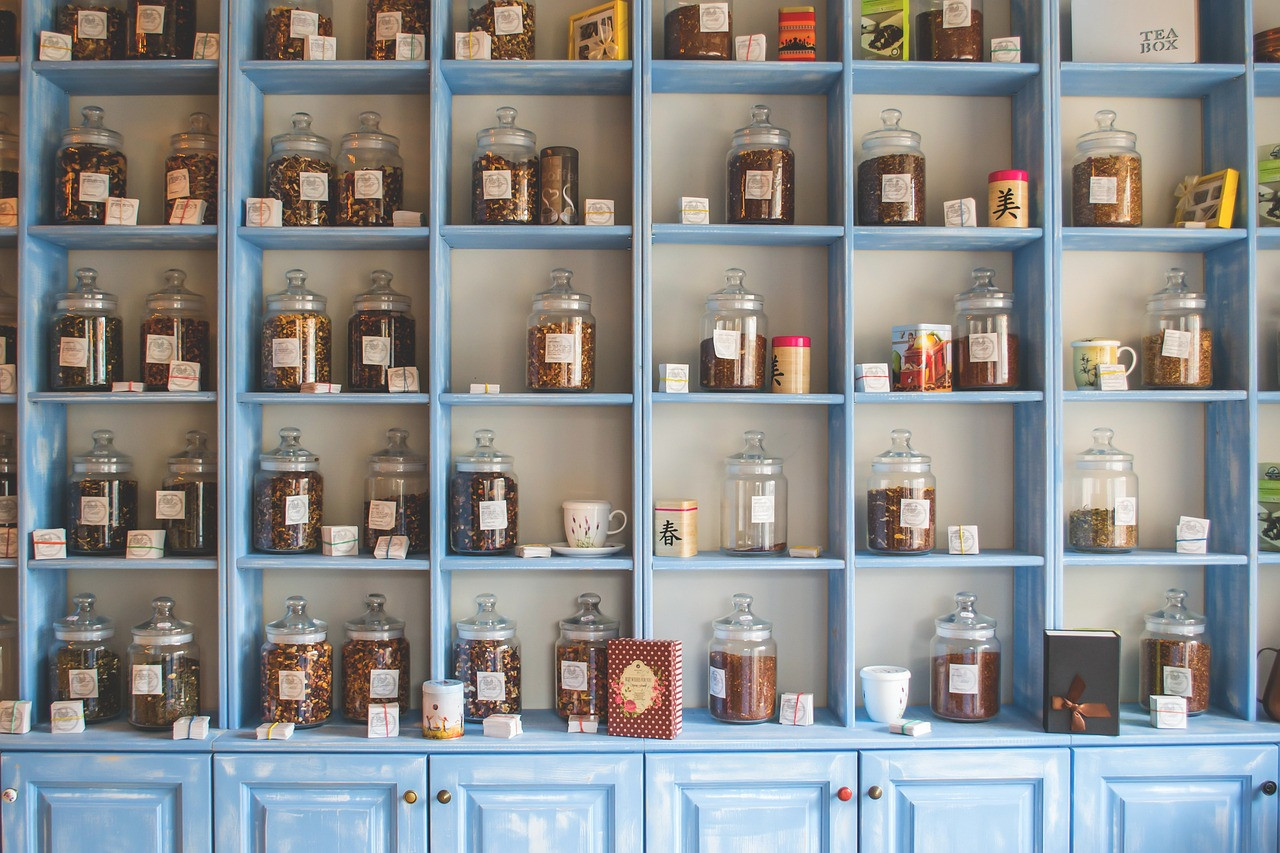
Last fall, I was diagnosed with adhesive capsulitis, aka: Frozen Shoulder. Even with a history of autoimmune disease, this was, by far, the most painful thing I’ve ever been through.
My Physical Therapist informed me that I was in the “age-range” for this to happen. As women approach menopause and hormones shift, we can experience what is known as musculoskeletal syndrome of menopause (MSM). It is characterized by symptoms such as joint pain, stiffness, and reduced mobility. Fortunately, there are ways to alleviate its symptoms. One promising approach is through adopting an anti-inflammatory lifestyle and diet.
Menopause brings about hormonal shifts, particularly a decrease in estrogen levels, which can contribute to inflammation in the body. This inflammation may exacerbate existing musculoskeletal issues or even lead to the development of new ones. However, by focusing on reducing inflammation, women can potentially mitigate the discomfort associated with MSM.
One key component of an anti-inflammatory lifestyle is regular exercise. Engaging in activities such as walking, swimming, or yoga can help maintain joint flexibility, strengthen muscles, and improve overall mobility. Exercise also stimulates the production of endorphins, which can act as natural pain relievers and mood enhancers, offering a double benefit. For a period of time, my frozen shoulder was in so much pain, the physical therapy exercises made me feel worse. I found that the gentle movements of Tai Chi were more helpful and I have been practicing them daily for many months.
In addition to physical activity, dietary choices play a crucial role in managing inflammation. A diet rich in anti-inflammatory foods such as fruits, vegetables, and fatty fish can help combat inflammation in the body. These foods are packed with vitamins, minerals, and antioxidants that support joint health and reduce oxidative stress. Goji berries are the highest antioxidant food. They are also highly anti-inflammatory. I love incorporating them into an anti-inflammatory protocol! Some people actually experience inflammation from gluten and other grains. I recommend trying a short elimination of all grains and assessing how you feel.
Beyond exercise and diet, stress management techniques such as meditation, deep breathing exercises, and adequate sleep are essential components of an anti-inflammatory lifestyle. Chronic stress can contribute to inflammation, so finding ways to relax and unwind can help mitigate its effects on the body. I love using essential oils such as lavender and frankincense to help manage stress.
WANT MORE INFO? CLICK BELOW!













0 Comments